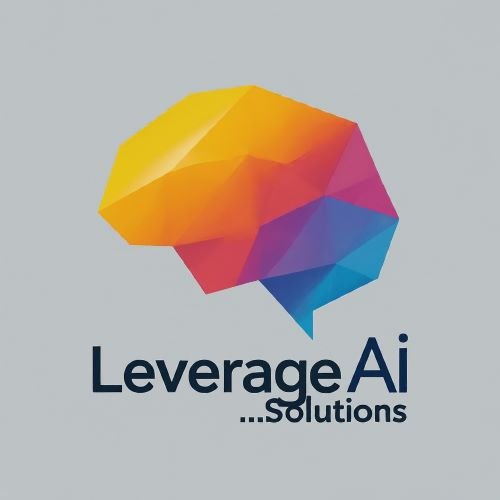The Complete Guide to Using AI in the Financial Services Industry in Minneapolis in 2025
nucamp.co
The Comprehensive Guide to Implementing AI in the Financial Services Sector in Minneapolis by 2025
As we approach 2025, the integration of artificial intelligence (AI) in the financial services industry is becoming increasingly vital, especially in urban centers like Minneapolis. This guide explores the transformative potential of AI, its applications, challenges, and future trends within the financial sector.
Understanding AI in Financial Services
Artificial intelligence encompasses various technologies, including machine learning, natural language processing, and robotic process automation. These technologies enable financial institutions to automate processes, enhance customer service, and improve risk management.
Key Applications of AI in Financial Services
- Customer Service Enhancement
AI-powered chatbots and virtual assistants are revolutionizing customer interactions. By providing 24/7 support, these tools can handle inquiries, process transactions, and offer personalized advice, significantly improving customer satisfaction. - Fraud Detection and Prevention
Machine learning algorithms analyze transaction patterns to identify anomalies indicative of fraud. By continuously learning from new data, these systems can adapt to emerging threats, making financial transactions safer for consumers and institutions alike. - Risk Management
AI tools assist in evaluating credit risks and market trends. By analyzing vast amounts of data, financial institutions can make informed decisions, mitigating risks associated with lending and investment strategies. - Investment Strategies
Robo-advisors utilize AI to offer tailored investment advice based on individual risk profiles and market conditions. This democratizes access to financial planning, making it more accessible to a broader audience. - Regulatory Compliance
Financial institutions face increasing scrutiny from regulators. AI can streamline compliance processes by automating reporting and monitoring, ensuring adherence to regulations while reducing operational costs.Challenges in AI Adoption
While the benefits of AI in finance are substantial, there are also notable challenges:
- Data Privacy Concerns
The use of AI involves handling sensitive customer data. Institutions must prioritize data protection and comply with regulations like GDPR and CCPA. - Integration with Legacy Systems
Many financial institutions operate on outdated systems. Integrating AI solutions with these legacy systems can be complex and costly. - Skill Gaps
There is a growing need for professionals skilled in AI and data analytics. Financial institutions must invest in training and development to build a workforce capable of leveraging AI technologies.Future Trends in AI for Financial Services
As we look towards 2025, several trends are expected to shape the future of AI in the financial services sector:
- Increased Personalization
AI will enable hyper-personalized financial products and services, enhancing customer engagement and loyalty. - Ethical AI
There will be a greater focus on developing ethical AI frameworks to ensure fair treatment of customers and mitigate biases in decision-making algorithms. - Collaborative AI
Financial institutions may increasingly partner with fintech companies to leverage innovative AI solutions, fostering a collaborative ecosystem that drives technological advancement. - Real-time Analytics
The demand for real-time data analysis will grow, allowing financial institutions to react swiftly to market changes and enhance decision-making processes.Conclusion
The implementation of AI in the financial services industry in Minneapolis by 2025 holds immense potential for innovation and efficiency. By understanding its applications, addressing the challenges, and keeping an eye on future trends, financial institutions can position themselves for success in a rapidly evolving landscape. Embracing AI is not merely an option; it is becoming a necessity for staying competitive in the modern financial world.
- Data Privacy Concerns
